Keywords: Civil Liberties
-
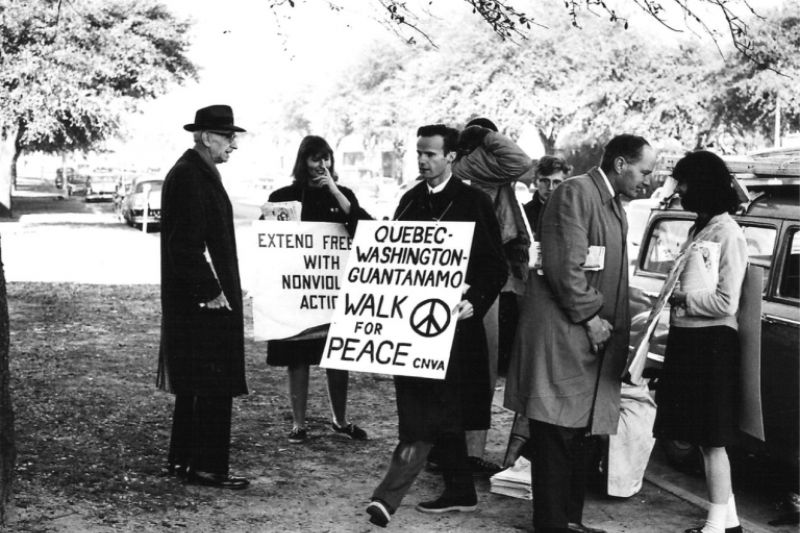
AUSTRALIA
- Andrew Hamilton
- 19 September 2024
3 Comments
Though little known in Australia, Abraham Johannes (A.J.) Muste spent his life commending pacifism and leading movements to make the world more just. His commitments to pacifism may still seem extreme to many. But will anything more mild address the threats facing the world from violence, inequality and apathy?
READ MORE
-
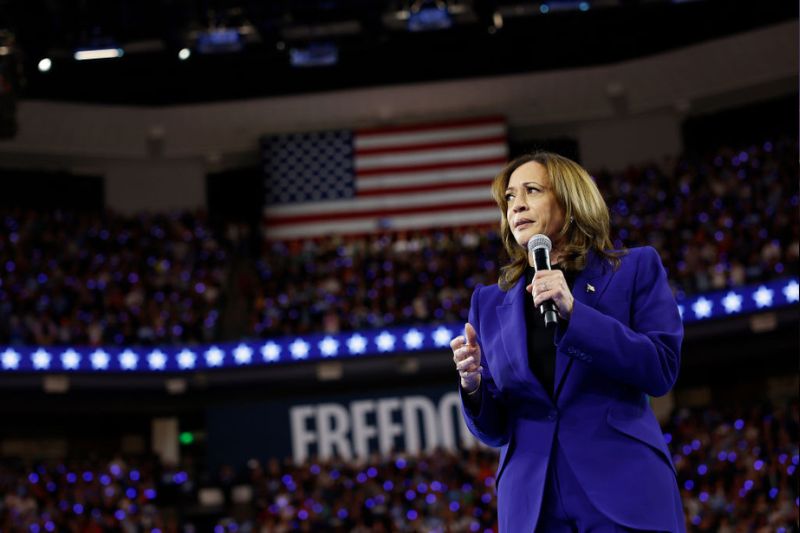
INTERNATIONAL
- Sarah Klenbort
- 21 August 2024
2 Comments
For a nation ‘conceived in liberty’, much of how this U.S. election will play out will hinge on different understandings of the word ‘freedom’, a term that has two distinct and separate meanings depending on whether the person you’re asking votes red or blue.
READ MORE
-
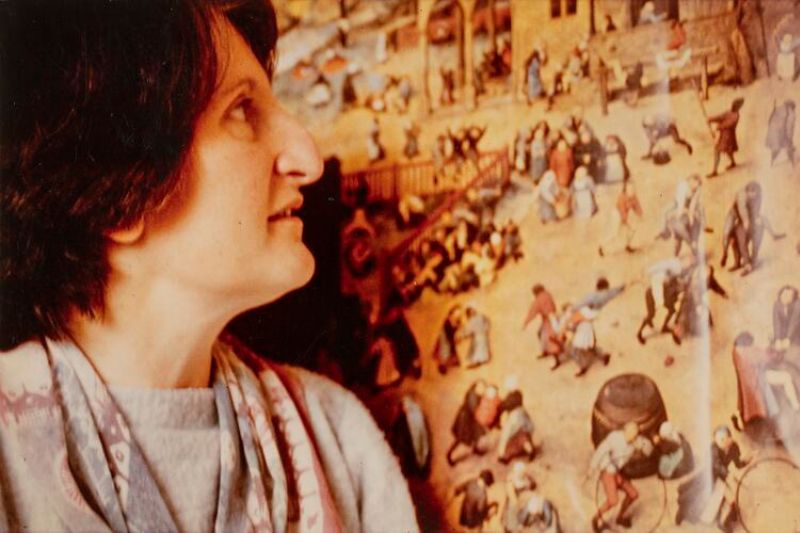
AUSTRALIA
- Gillian Bouras
- 02 May 2024
2 Comments
Where would we be without our friends? Good friends sustain us for decades through good times and bad and steer us through periods of change and crisis. One of the many downsides of old age is the loss of friends: they become ill and die. What to do then? How to cope?
READ MORE
-

AUSTRALIA
- Michael McVeigh
- 28 March 2024
How do we live and work happily together with people whose views on the world and human nature are fundamentally different to our own? Can different beliefs within organisations be lived with, or even celebrated, without necessarily undermining the organisation’s own core mission?
READ MORE
-
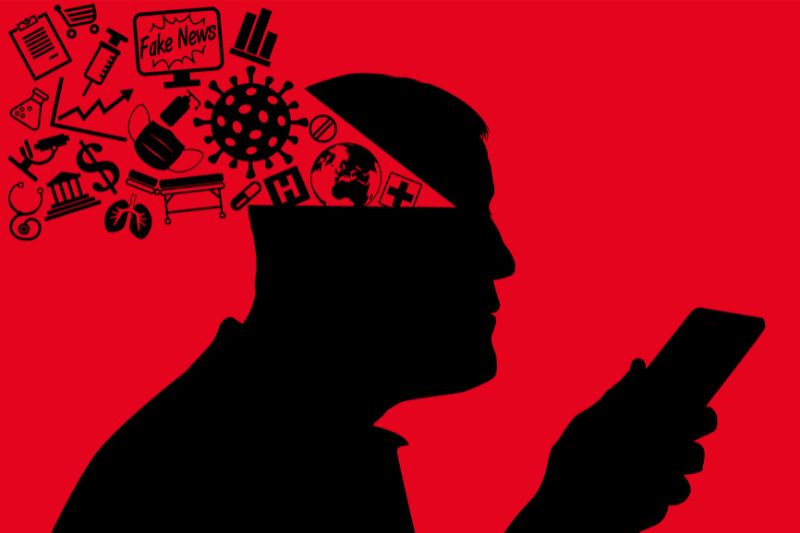
AUSTRALIA
- Frank Brennan
- 11 January 2024
As the government drafts legislation to stem the rising tide of misinformation circulating online, the nation debates: will these measures sufficiently regulate online content and curb potential harms or threaten freedom of expression? This moment is a critical test for the integrity of Australia's public discourse.
READ MORE
-

AUSTRALIA
- Frank Brennan
- 09 November 2023
4 Comments
As the government drafts legislation to stem the rising tide of misinformation circulating online, the nation debates: will these measures sufficiently regulate online content and curb potential harms or threaten freedom of expression? This moment is a critical test for the integrity of Australia's public discourse.
READ MORE
-
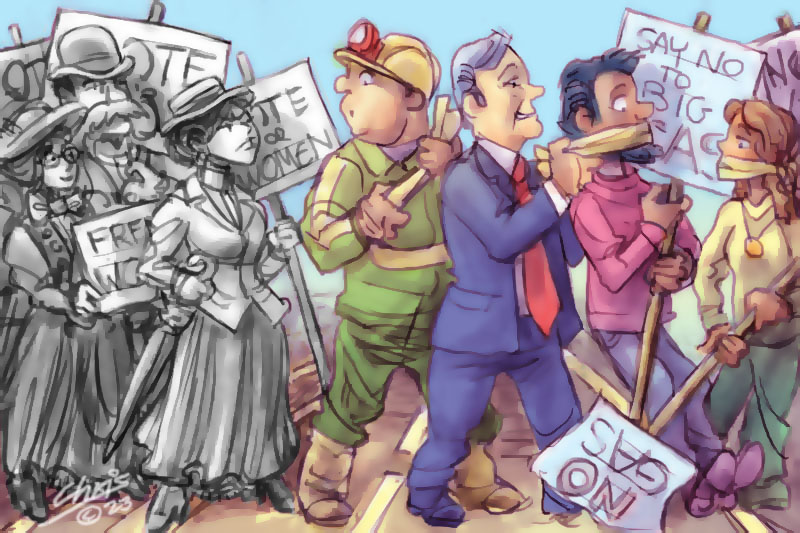
AUSTRALIA
- Michele Madigan
- 29 June 2023
2 Comments
Following a rally by climate action group Extinction Rebellion, anti-protest laws were rushed through the SA lower house, increasing the maximum fines for disruptive protests along with potential jail time. Sadly, SA is not an outlier here, but is rather in step with the rest of the country with similar ‘draconian’ laws regulating protests.
READ MORE
-

INTERNATIONAL
- Matt Gaughwin
- 27 October 2022
3 Comments
Liberal democracies seem increasingly threadbare, insufficiently creating just outcomes for vulnerable people. We need a rejuvenation of stable and fair democracies in which integrity and trust are evident. To that end, I suggest we revisit the liberal egalitarianism of 20th century American philosopher John Rawls.
READ MORE 
-

INTERNATIONAL
- Joseph Camilleri
- 15 July 2021
17 Comments
The souring of relations with China is driven not just by prime ministers, foreign and defence ministers, or even by Cabinet. It is the product of converging interests with immense reach and influence.
READ MORE 
-
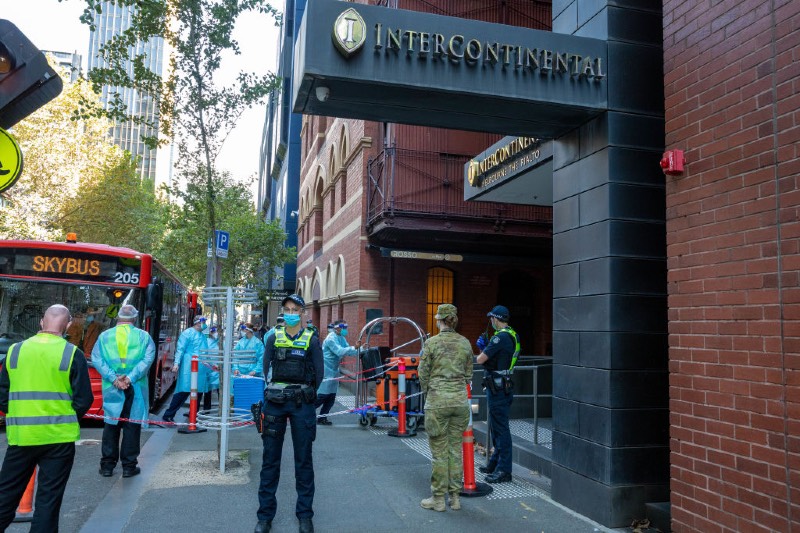
INTERNATIONAL
- Binoy Kampmark
- 11 May 2021
10 Comments
While the ban is unique in its severity, it is not divorced from a broader tendencies as to how citizenship has been appraised during pandemic times. Public health and safety have been prioritised over the standard liberties associated with citizenship.
READ MORE 
-
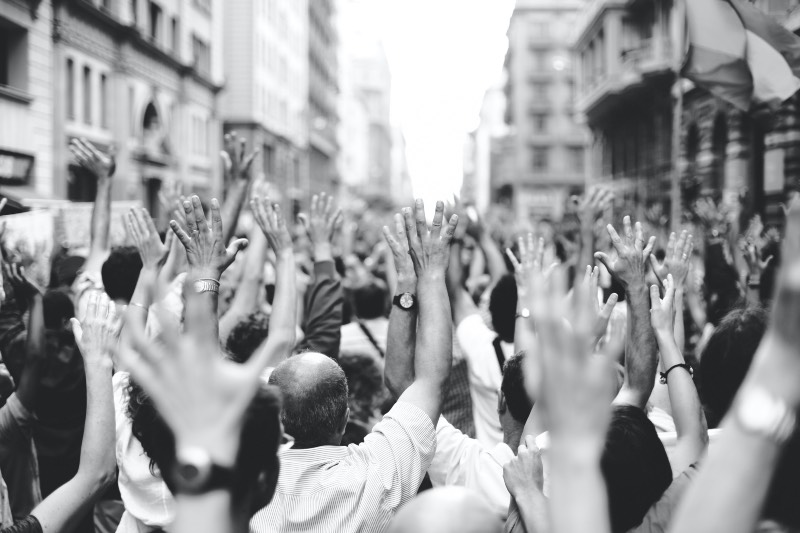
INTERNATIONAL
- Andrew Hamilton
- 15 April 2021
4 Comments
The parallels with our own times of the events of Black Friday in 1921, with its movement from a time of heavy social spending and the flowering of social capital to a time of recovery, and the fateful choices that are made at such times, are evident. We await the results of the economic choices being made by government and their effects on community and solidarity.
READ MORE 
-
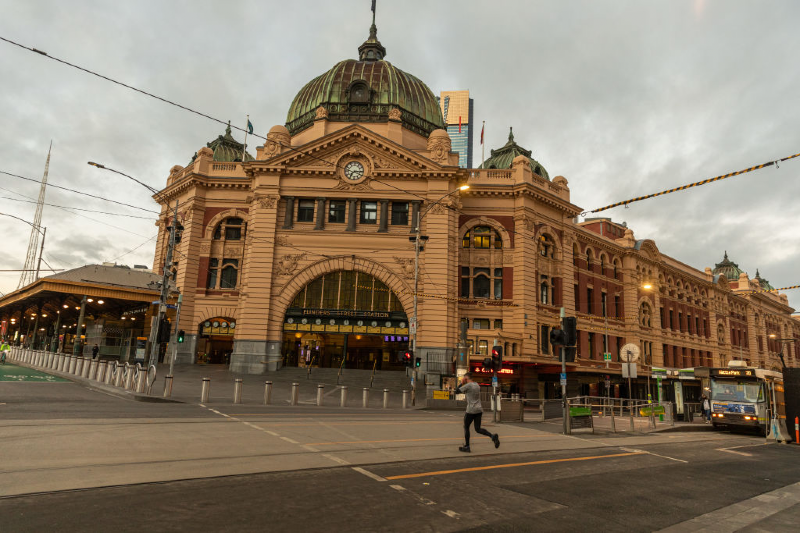
AUSTRALIA
- Julian Butler
- 18 February 2021
7 Comments
Each of us has our own experience of the first COVID year. We do all share some of the best results in supressing the virus anywhere in the world. Talk, though, of social cohesion and government competency is loaded here in Melbourne.
READ MORE 